"Phaedo" by Plato is a philosophical conversation that explores the nature of the soul, death, and immortality in the hours before a philosopher's execution. The story, told from one friend to another, opens in a prison where Socrates, awaiting his death, chats with his students and friends, thoughtfully considering what death means. Preparing to take his poison, Socrates shares interesting ideas about how philosophers see death, explaining how a real philosopher might even look forward to leaving their body behind to learn bigger truths. Their important talk covers being afraid, what feels good and what hurts, and eventually looks at the soul's journey after death. This is a deep look at philosophy, and what happens to the soul when we die.
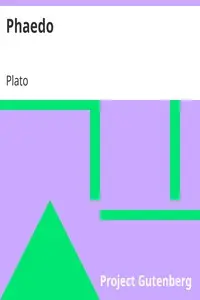
Phaedo
By Plato
In the face of death, a philosopher shares his belief in the soul's immortality.
Genres
Released
1999-03-01
Formats
epub
epub (images)
epub3 (images)
mobi
mobi (images)
txt
Free Download
Summary
About the AuthorPlato, born Aristocles, was an ancient Greek philosopher of the Classical period who is considered a foundational thinker in Western philosophy and an innovator of the written dialogue and dialectic forms. He raised problems for what became all the major areas of both theoretical philosophy and practical philosophy, and was the founder of the Platonic Academy, a philosophical school in Athens where Plato taught the doctrines that would later become known as Platonism.
Plato, born Aristocles, was an ancient Greek philosopher of the Classical period who is considered a foundational thinker in Western philosophy and an innovator of the written dialogue and dialectic forms. He raised problems for what became all the major areas of both theoretical philosophy and practical philosophy, and was the founder of the Platonic Academy, a philosophical school in Athens where Plato taught the doctrines that would later become known as Platonism.
Total Reviews
10.0k
Total reviews from Goodreads may change


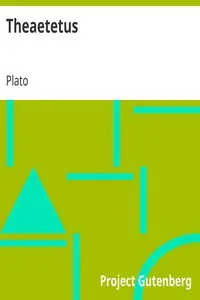
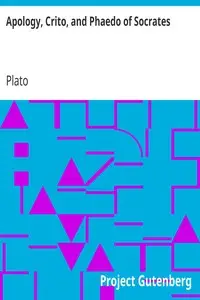

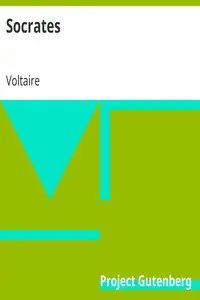


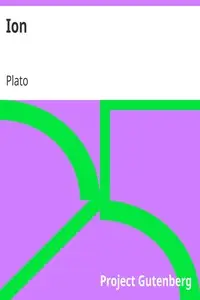
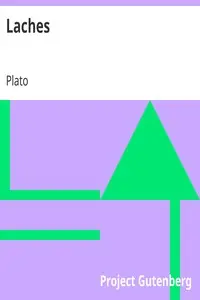
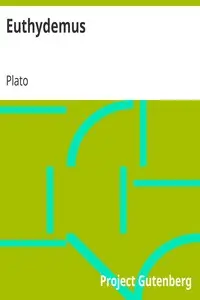
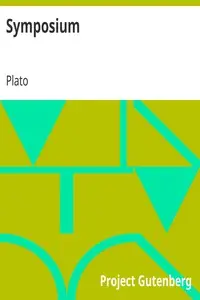


![Faust [part 1]. Translated Into English in the Original Metres by Johann Wolfgang von Goethe](https://cdn.a2-host.cloud/y-MkV3aFt2tKEbdp7VCDtzUhX9qKc82D4dZAE78xr7U/rs:fill:215:325:0/g:ce/aHR0cHM6Ly9zcC1hc3NldHMuczMudXMtd2VzdC0wMDQuYmFja2JsYXplYjIuY29tL2Jvb2svMTQ1OTEvRmF1c3RfcGFydF8xX1RyYW5zbGF0ZWRfSW50b19FbmdsaXNoX2luX3RoZV9PcmlnaW5hbF9NZXRyZXNfY292ZXIuanBn.webp)



